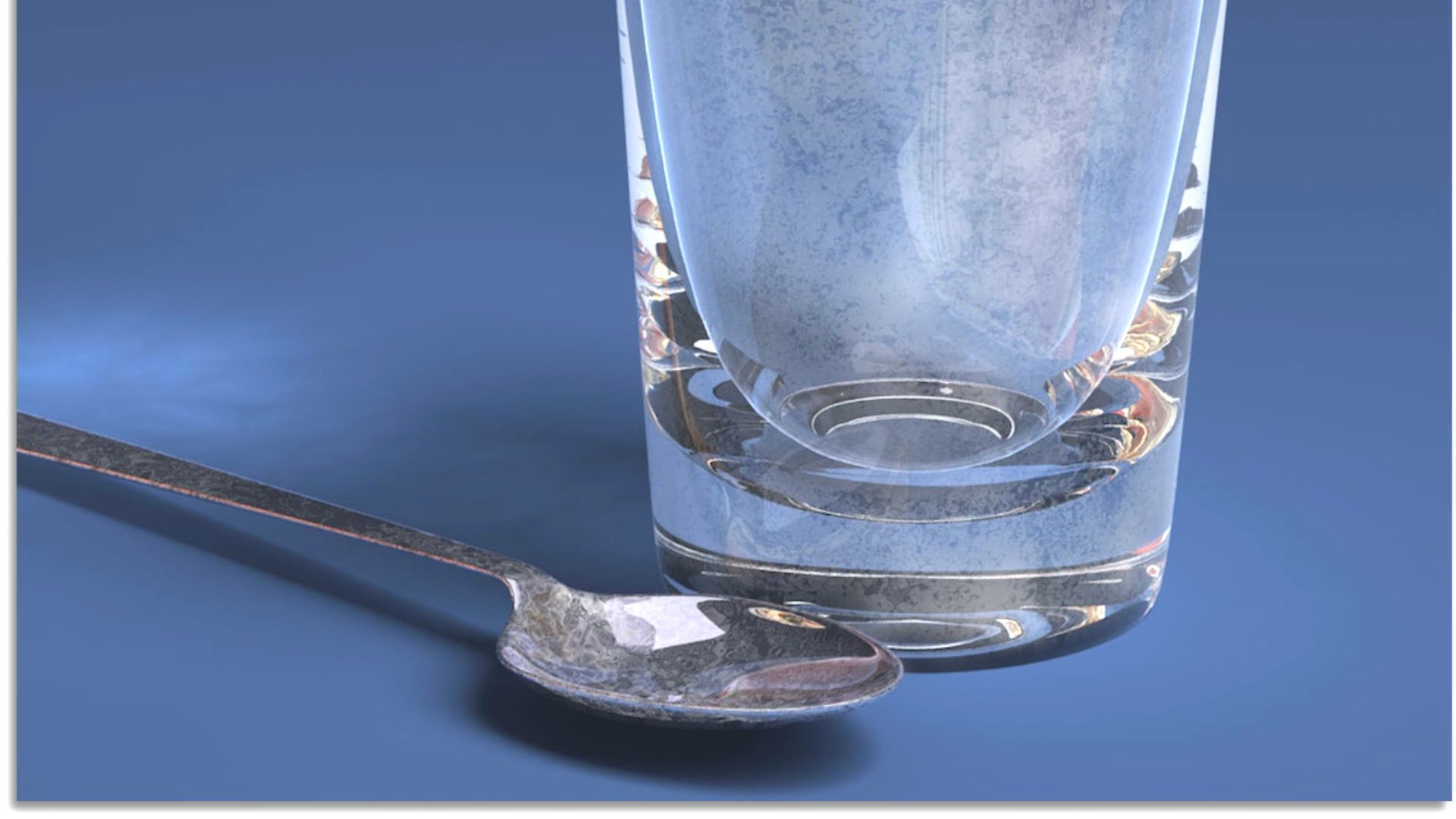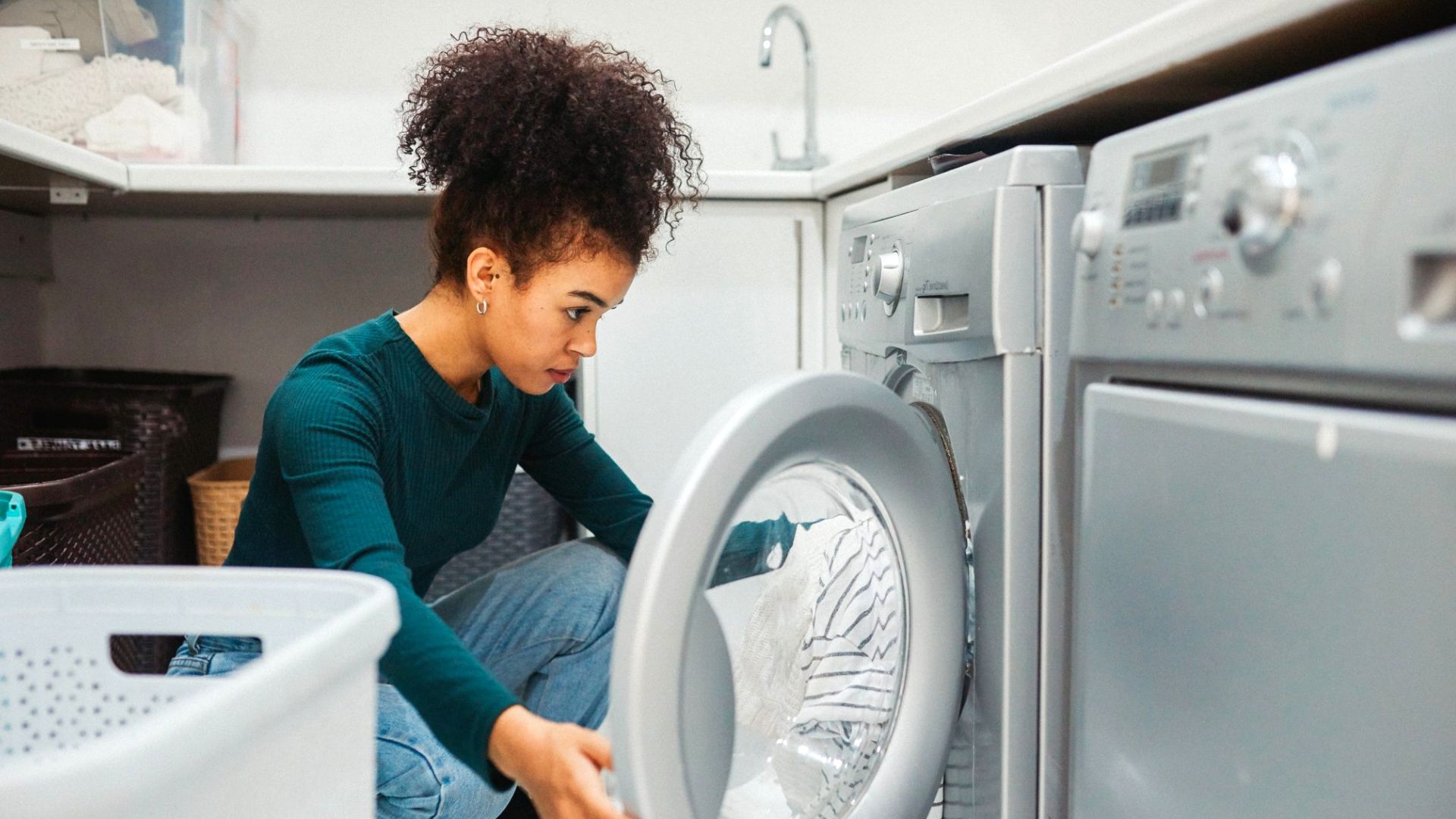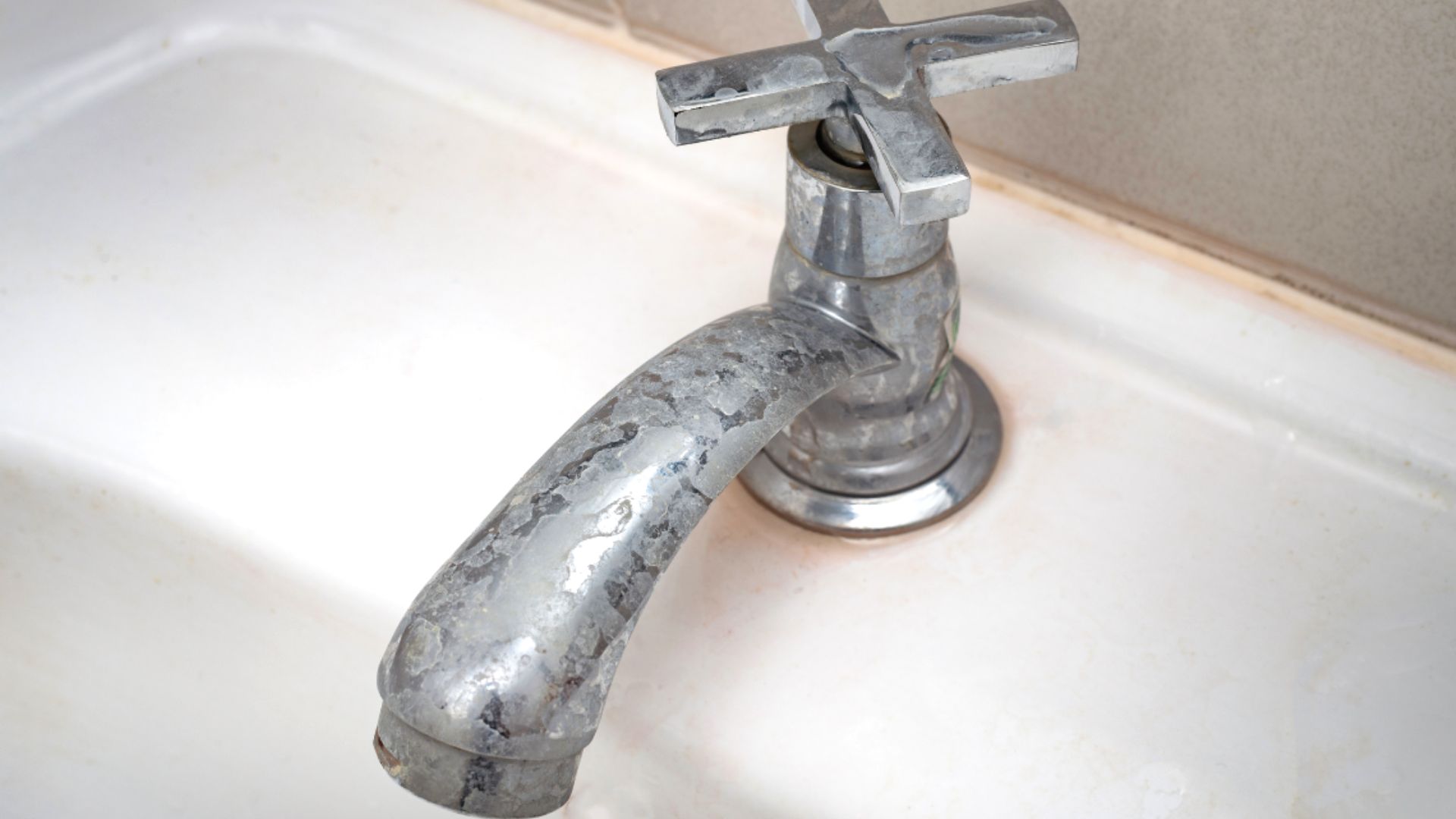7:00AM to 5:00PM
Water is essential to our lives, and we need it for everyday tasks. But you should know hard water can be detrimental.
This article will explore the dangers of hard water and how it can damage your plumbing system. Hard water contains high levels of dissolved minerals like calcium and magnesium. Over time, this mineral build-up can lead to clogged pipes and other plumbing issues.
We will also provide solutions to protect your plumbing system from these dangers, such as using a water softener to remove minerals before they can cause problems.
So, keep reading to learn how to identify hard water issues and ways to treat and prevent mineral build-up in your home’s plumbing system!

Hard water contains high dissolved minerals, primarily calcium and magnesium. Rainwater picks up these essential minerals from the soil and bedrock it passes over as it flows into rivers, lakes, reservoirs, and other sources.
While hard water does contain beneficial minerals for humans, it can cause problems with plumbing systems due to clogging and build-up over time.
In addition, the presence of calcium and other minerals in household appliances such as dishwashers and washing machines can lead to appliance failure. Hard water can also cause more rapid wear and tear than soft water.
Understanding what hard water is and how it might impact your home can help prevent unnecessary costs or repairs in the long run. The use of hard water can lead to several common household problems, some of which are listed below.

The mineral deposits left behind by hard water in bathtubs, showers, sinks, and faucets are merely a portion of the overall issue. Over time, the minerals in 1 drinking water with dissolved minerals can also cause a build-up inside plumbing, fixtures, and appliances.
The accumulation we do not notice may cause various plumbing problems. This includes decreased water pressure, blockages, and higher pressure in the pipes and fixtures due to mineral scale build-up restricting flow. Magnesium ions and other minerals precipitate from the water supply and stick to surfaces.
Mineral deposits could also cause appliances to function less efficiently and wear out faster than they would otherwise. For instance, a water heater tank must also heat any mineral scale accumulated in addition to the water itself, which means more energy consumption. Hard water can also cause a plumbing system to become less efficient over time, requiring more repairs.
The effects of hard water go beyond just unsightly scale—the mineral content can damage your entire plumbing system and linked appliances if left unaddressed over years of household use. Treating hard water protects your pipes, fixtures, and budgets.
White scale build-up on drainage pipes, shower heads, and fixtures is typically a reliable indicator that the 1-2 minerals present in the water are causing hardness.
If you have reason to believe that the water in your home is hard, perform a simple test to determine whether or not this is the case by a simple method. Take a small quantity of dish soap and one cold water in a sealed container. You will likely have hard water if the solution does not produce enough suds.
You can get considerably more accurate findings by contacting your water provider and asking for a report on any recent water testing that has been done.
Additionally, you may have a water sample analysed at a laboratory or hire a firm to perform an on-site test. But make sure there is no conflict of interest; for instance, you wouldn’t want a test done by a company that sells water softeners.

Hard water can increase energy bills due to the extra energy required for heating water and the mineral buildup, decreasing appliance efficiency over time. Treating it protects your hot water heater, pipes, and other plumbing components.
Additionally, you can use a water hardness test strip, which you can purchase at home improvement shops and hardware stores. This test strip requires you to hold it under running water and then compare the colour to a colour gauge.
These are some ways to test whether the water at your home is hard and determine if treatment is needed.
You can purchase various water-conditioning products or install a whole-house water softener if you have hard water.
Gold Coast Plumbing Company recommends treating hard water significantly with a whole-house water softener system when the water tests exceed 3 GPG. This is the most effective and efficient solution, instead of more temporary fixes like water-conditioning products.
Further, our professional and licensed Gold Coast plumbers can analyse type and quality and use the correct water softener method. We will test the water to check the mineral level when the job is done.
You can also ask them about potential ways to detect hard water if the water softener system malfunctions. Call us for more information!